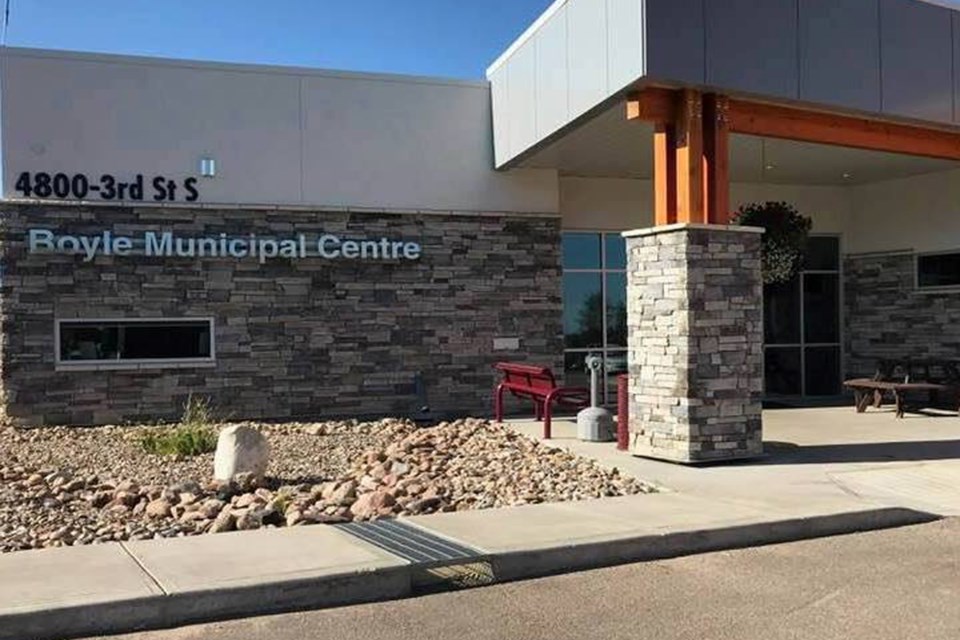BOYLE - Franchise fees for FortisAlberta may be going up in the Village of Boyle, but a final decision won’t be made until the next meeting of council.
Councillors were tasked with the determining the 2021 franchise fee for the utility company at their Oct. 7 meeting, but after discussion decided to table the request for decision until the Oct. 21 council meeting.
Interim CAO Robert Jorgensen told council the current franchise fee of 10 per cent for 2020 was a four per cent increase over 2019. Based on current estimates, delivery revenues for each one per cent increase would provide an additional $9,665 increase in revenue for the village, starting in January, he said.
The current rate sees residents paying $6.47 per month for the fee. At maximum, the fee can be raised to 20 per cent, which would come out to $13.81 per month and bring in $193,306.
Franchise fees are paid by the utility to the municipality for exclusive right to provide service there, which is then passed on to customers by the utility company. It is determined as a percentage of the utility’s revenue, based on the distribution tariff rates charged to distribute electricity.
“Why aren’t we at 20 percent? Why aren’t we at the maximum franchise fee? Is there a reason why we would pick a smaller franchise fee then the maximum that is recommended?” asked mayor Colin Derko.
He went on to explain that charging a higher franchise fee may give the village a reason not to raise tax rates, as additional revenue can be raised through the fees instead. Whereas taxes are paid to the village by residential and commercial property owners, franchise fees cover every building that uses electricity, which includes provincially-owned buildings that don’t pay property taxes.
“Our residents are covering that. But if we increase the fees for those buildings to what is the maximum available by law then we can in fact lower our rates by that amount, to our taxpayers,” said Derko.
Now is the time to increase the fees because by the time municipal budgets need to be finalized, it will be too late and tax rates may have to raised at that time. Considering the precarious financial times in municipalities across Alberta, previous contributions from Athabasca County may not may not be available in the coming year, said the mayor.
“I guess what I’m saying is I would rather be looking at it than looking for it … Sure, there is going to be some heat from people that don’t understand it, but I think when you explain to people why we did it then they’ll get it,” said Derko.
That said, council voted to bring the request back to the Oct. 21 meeting to make a decision.



